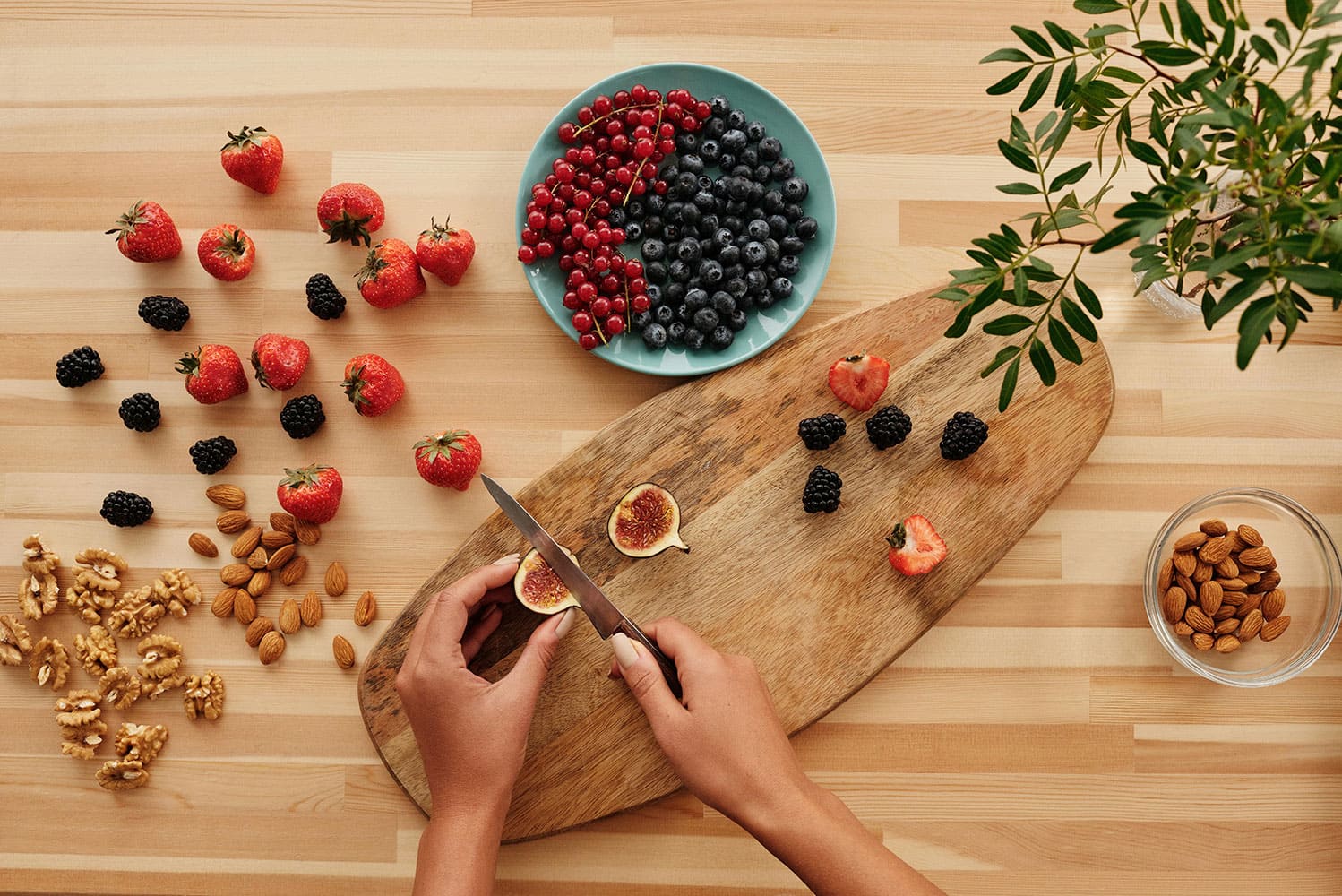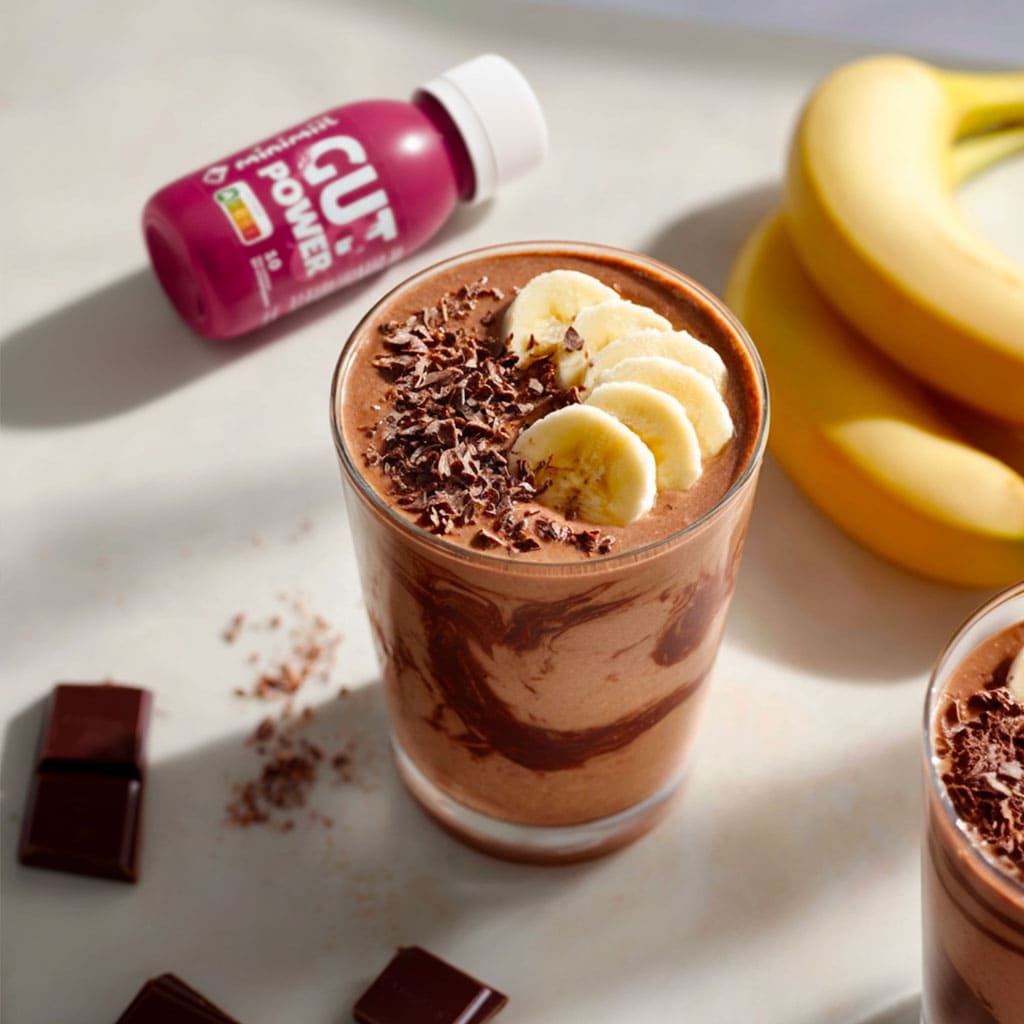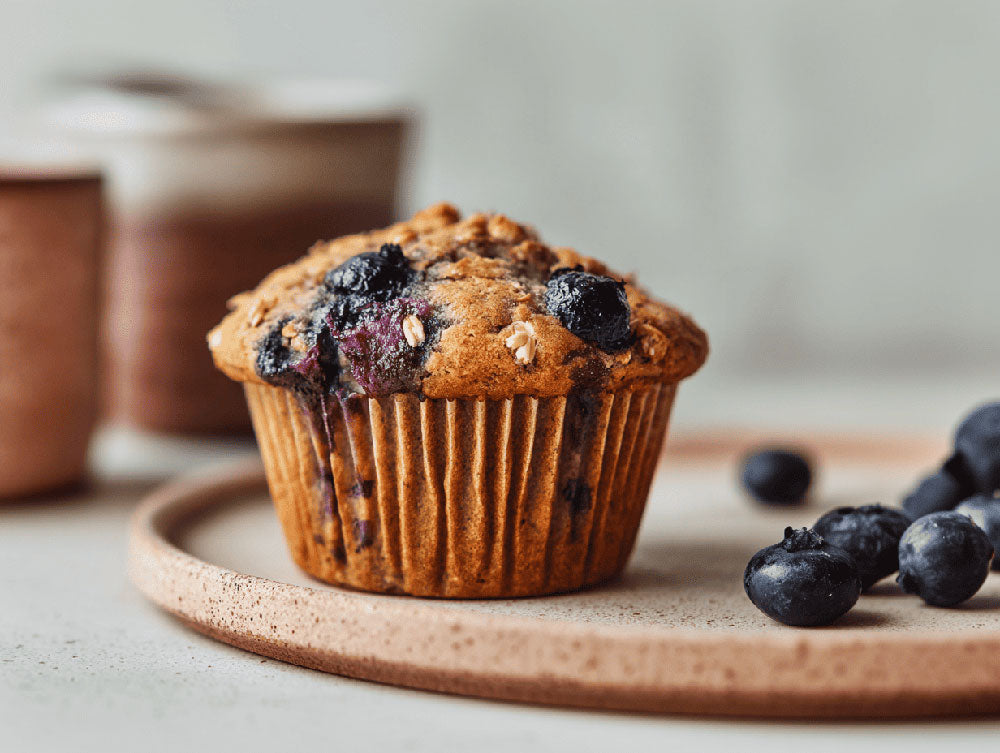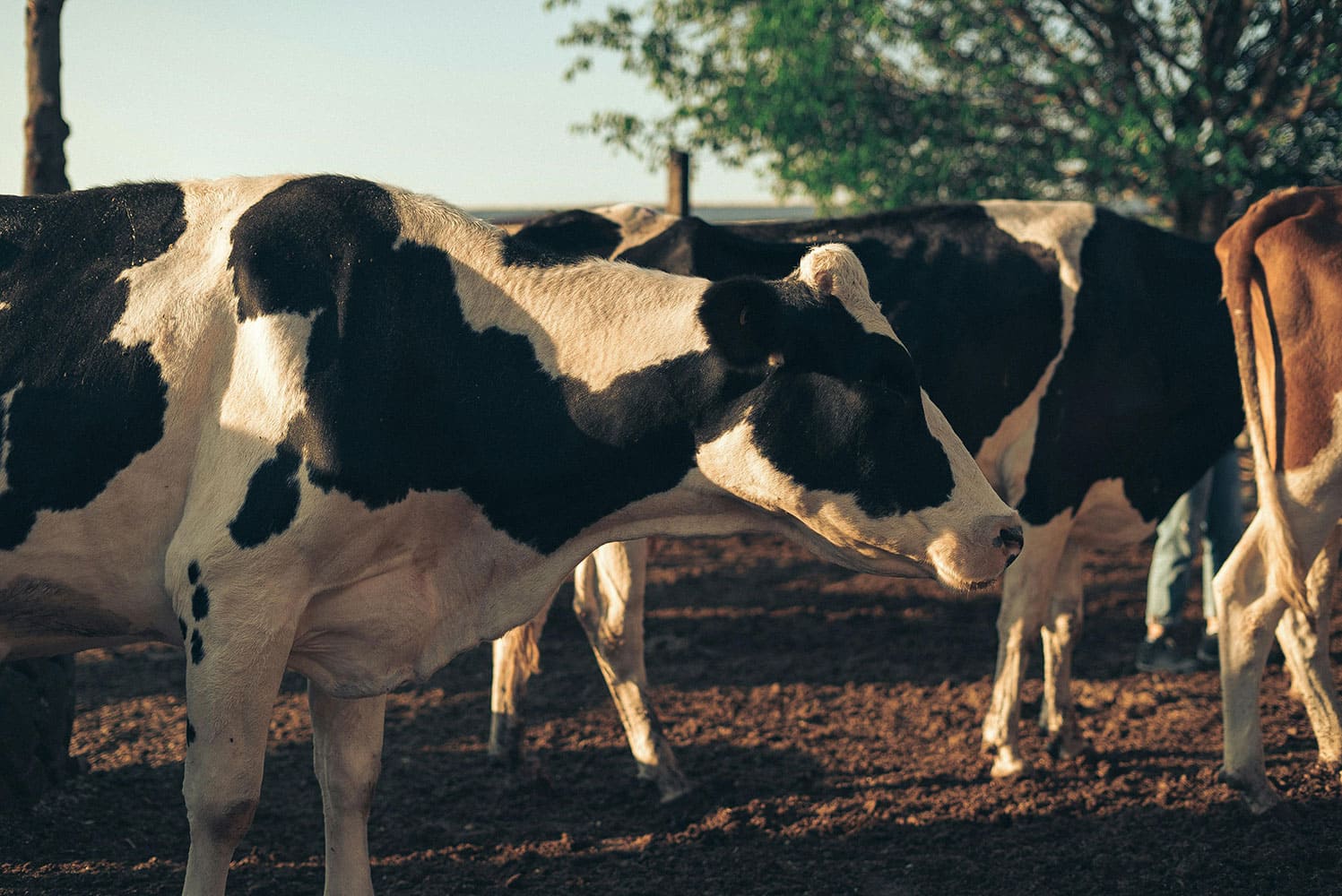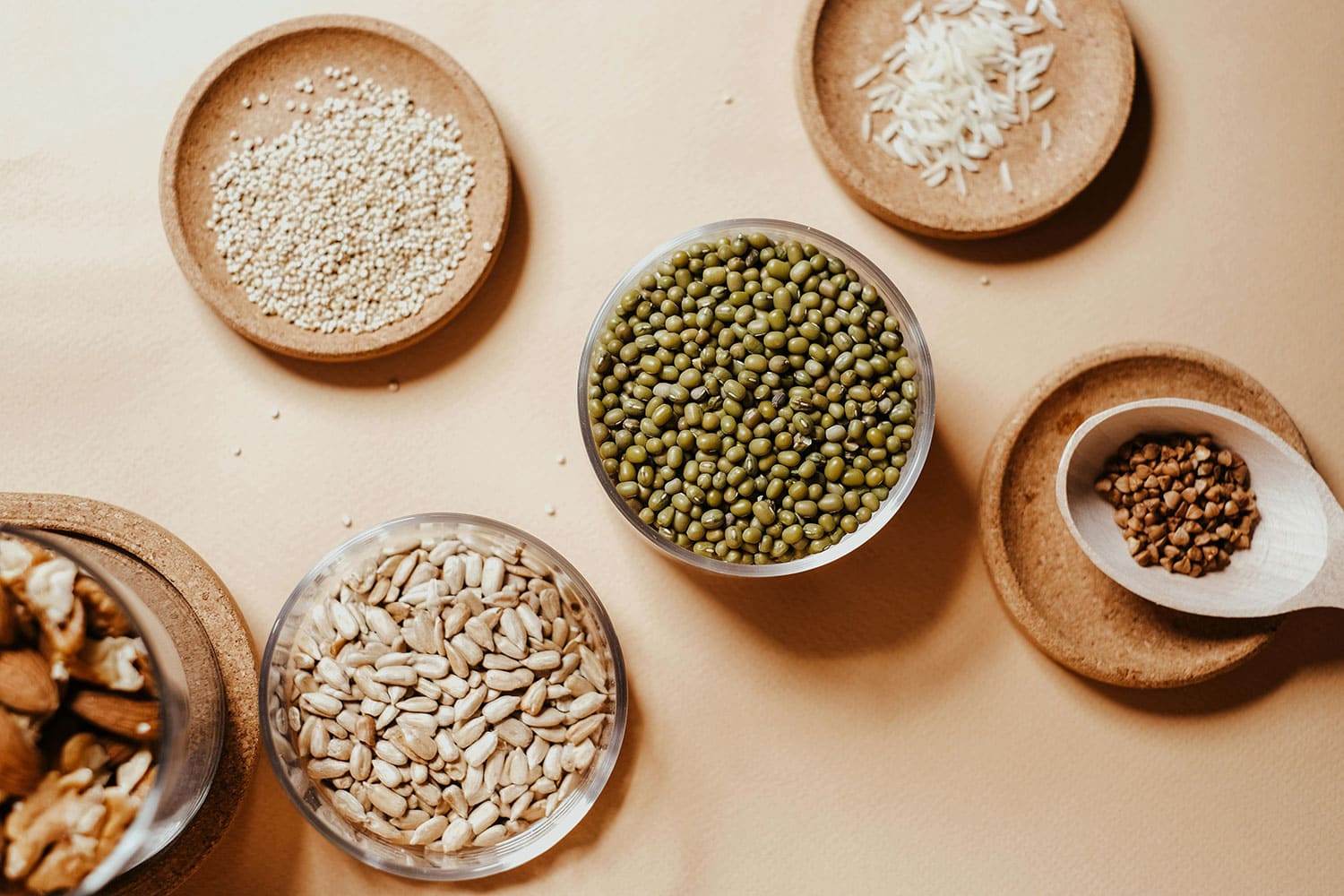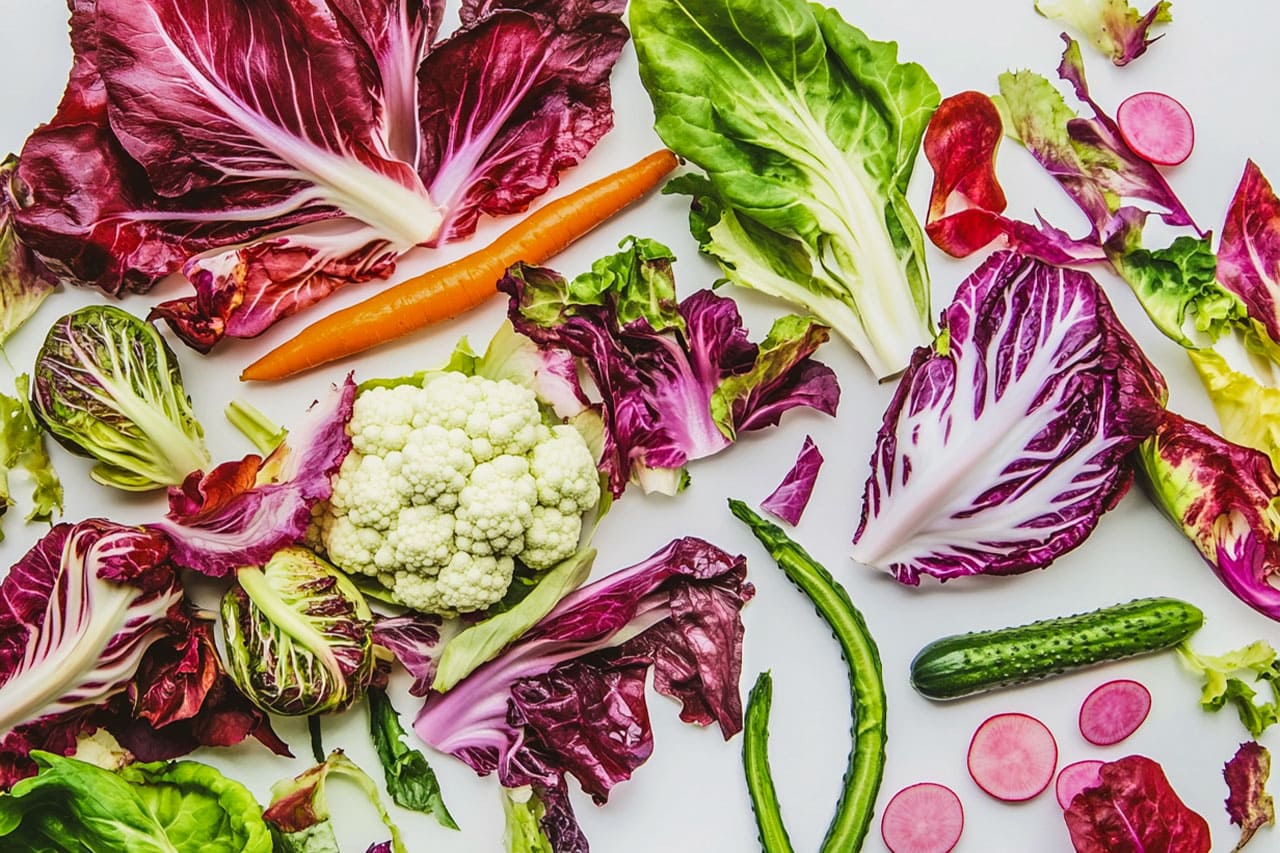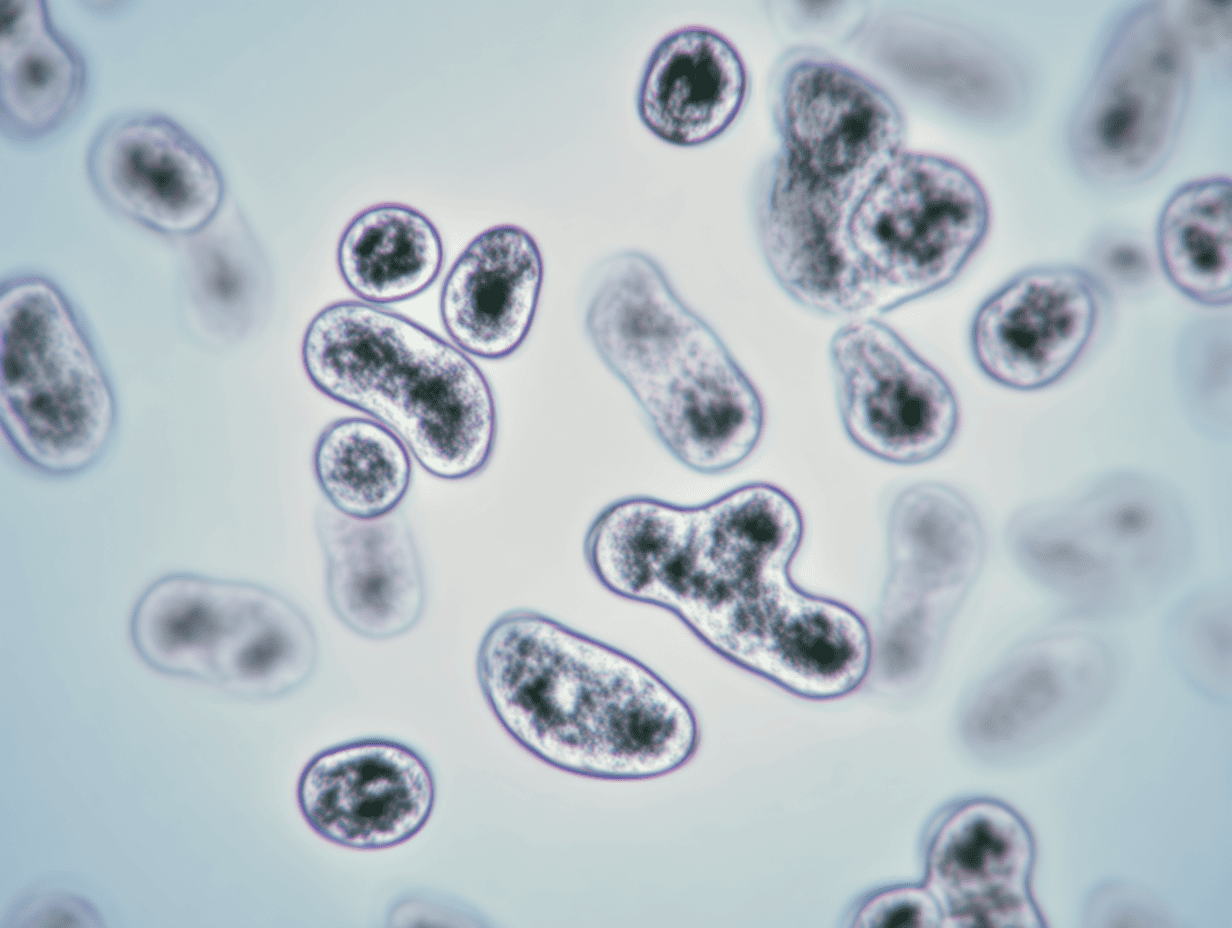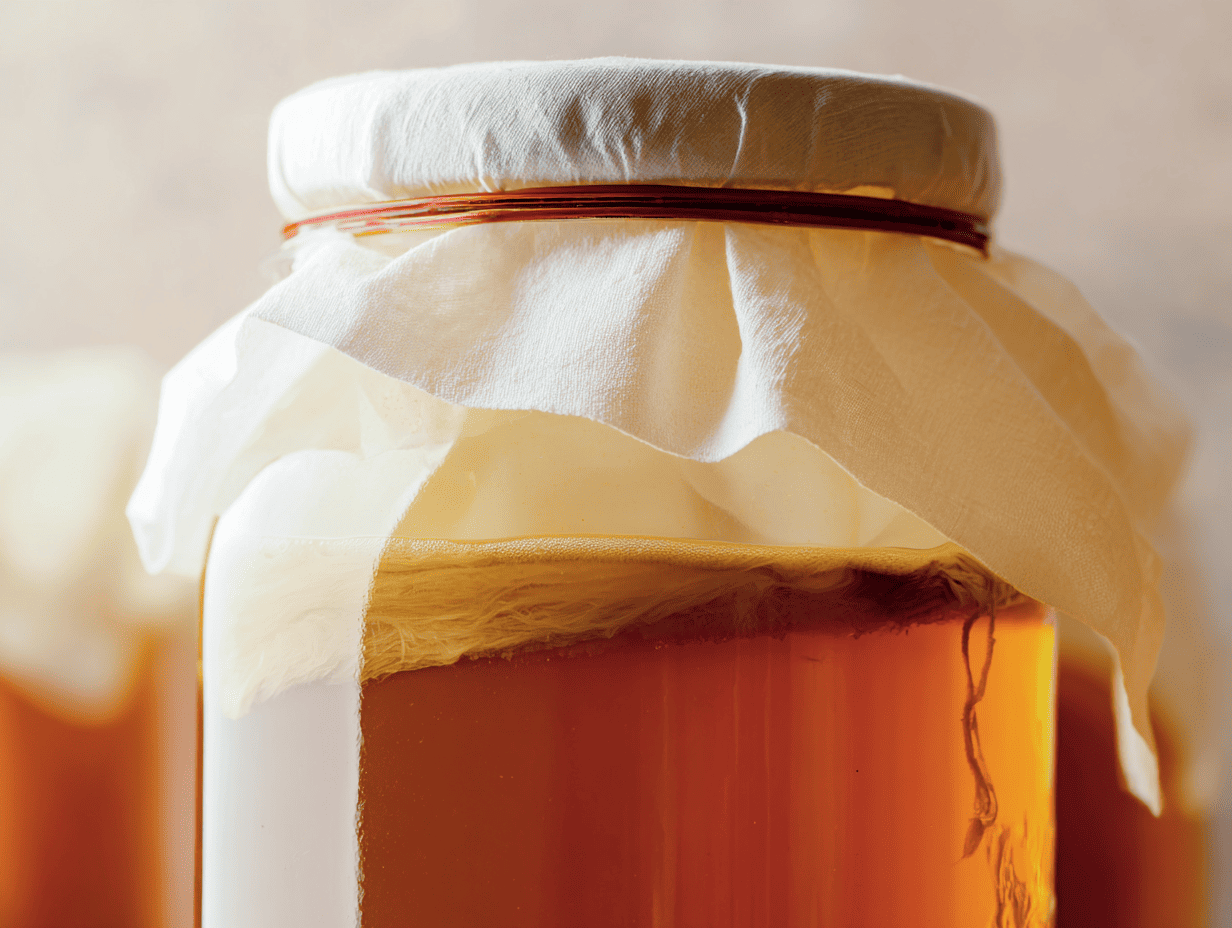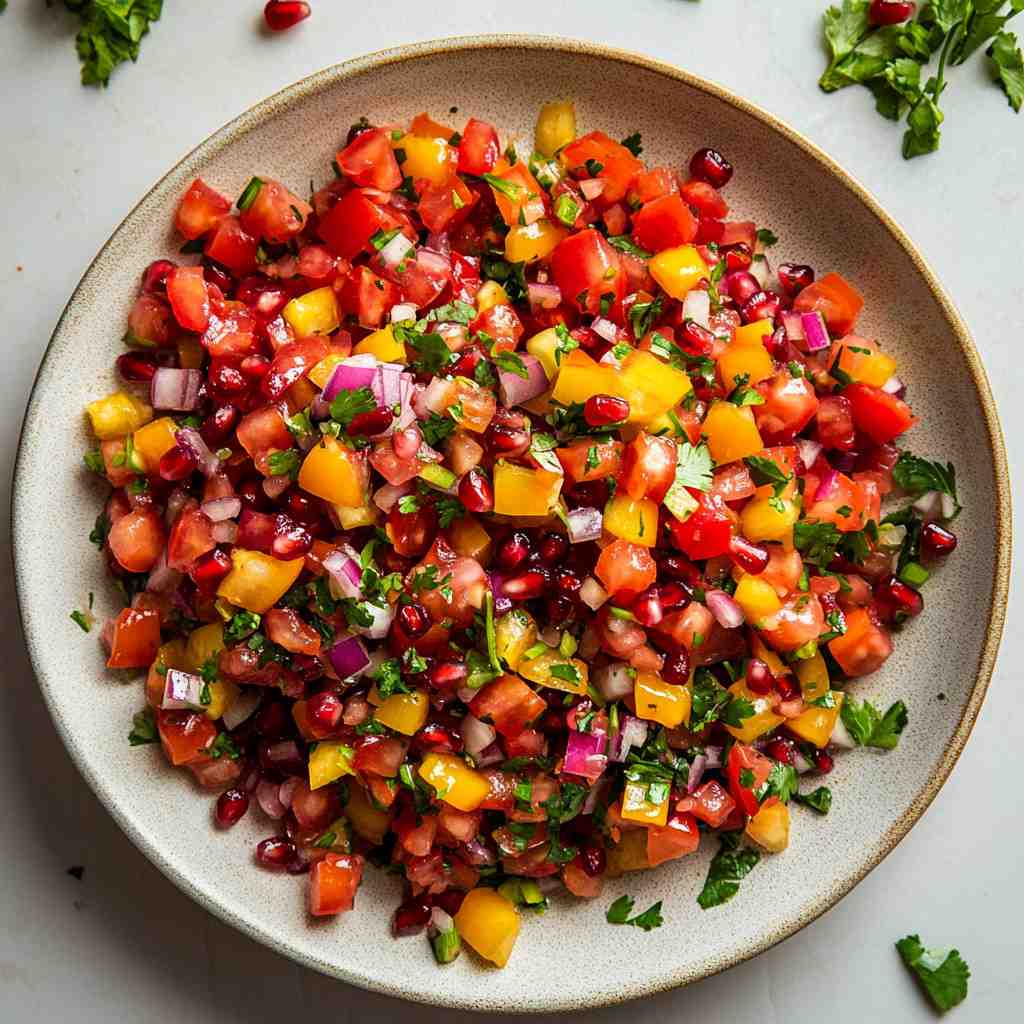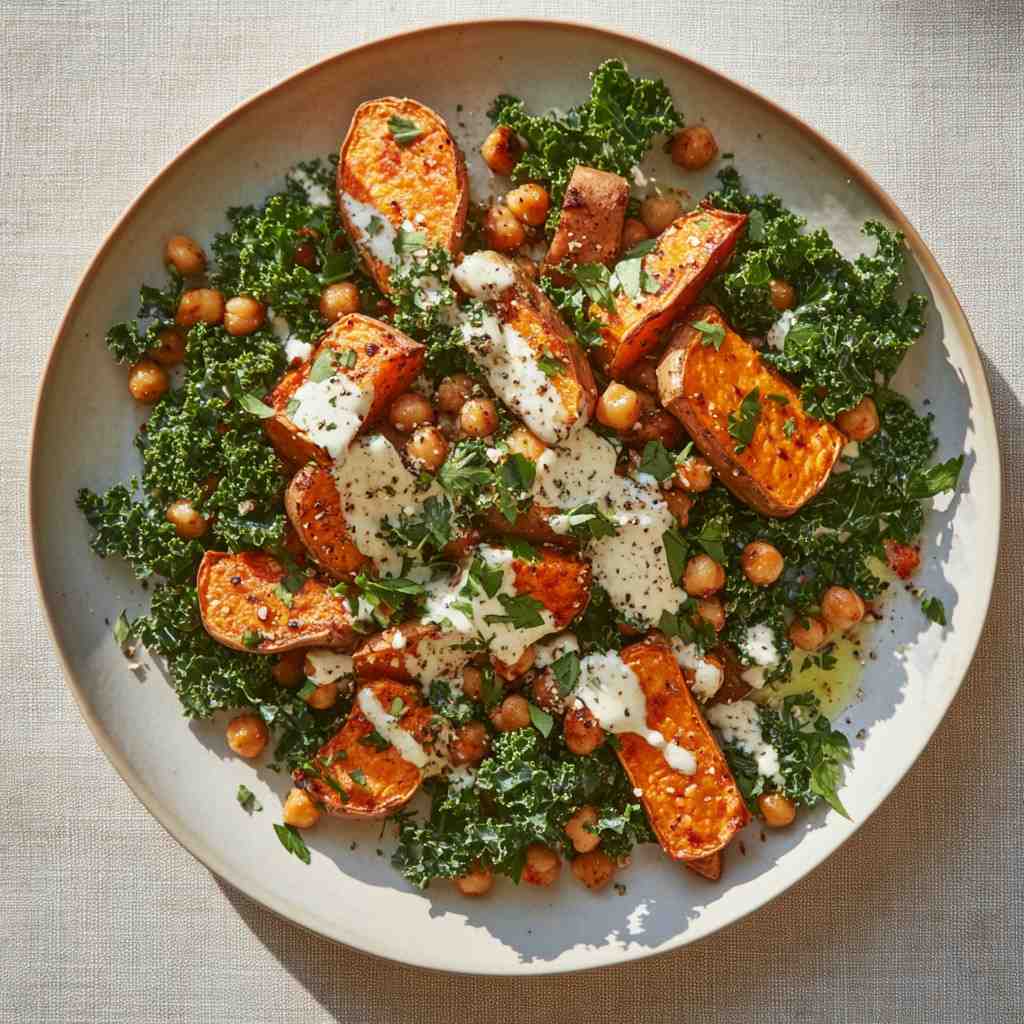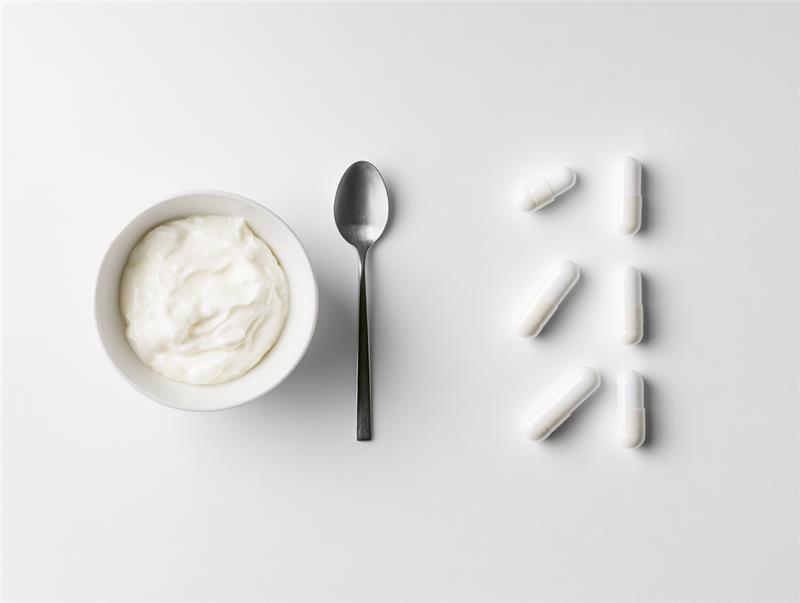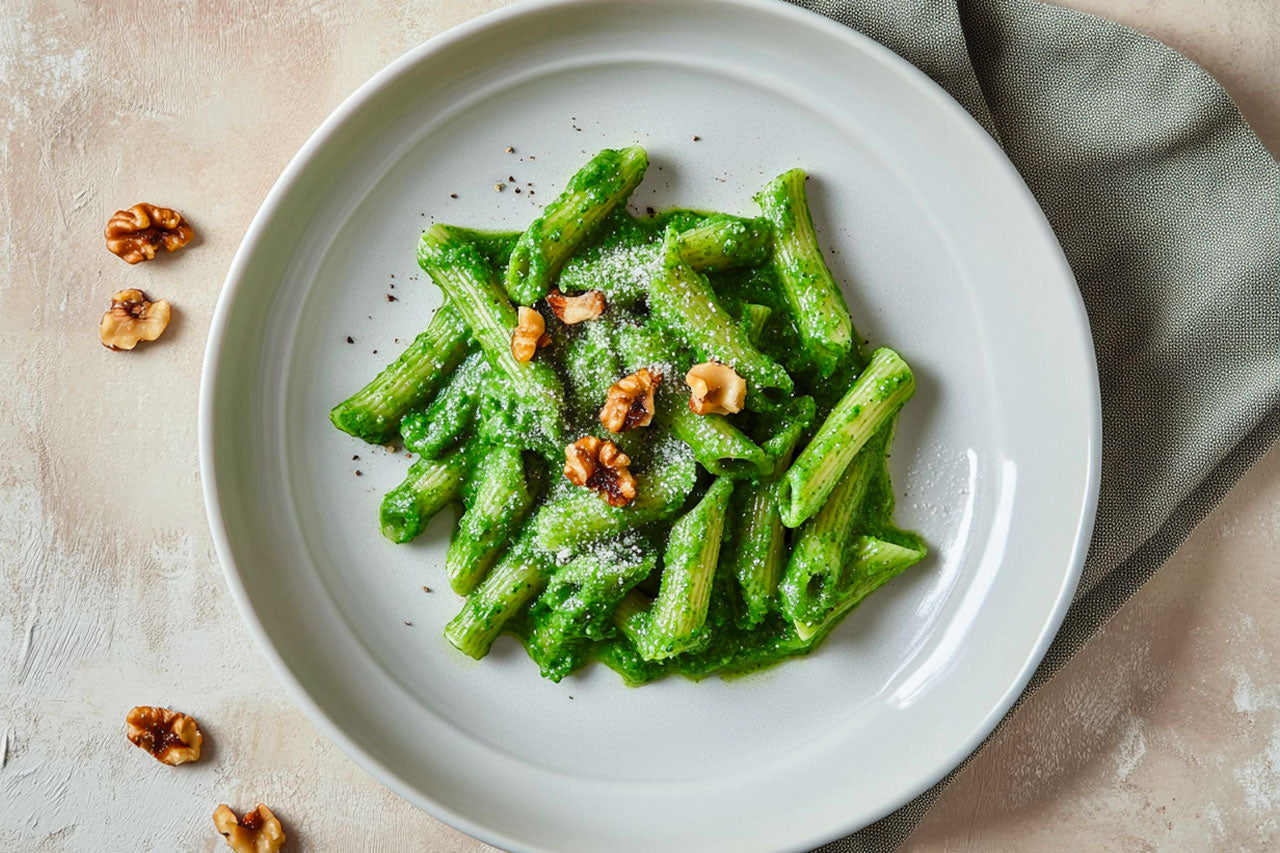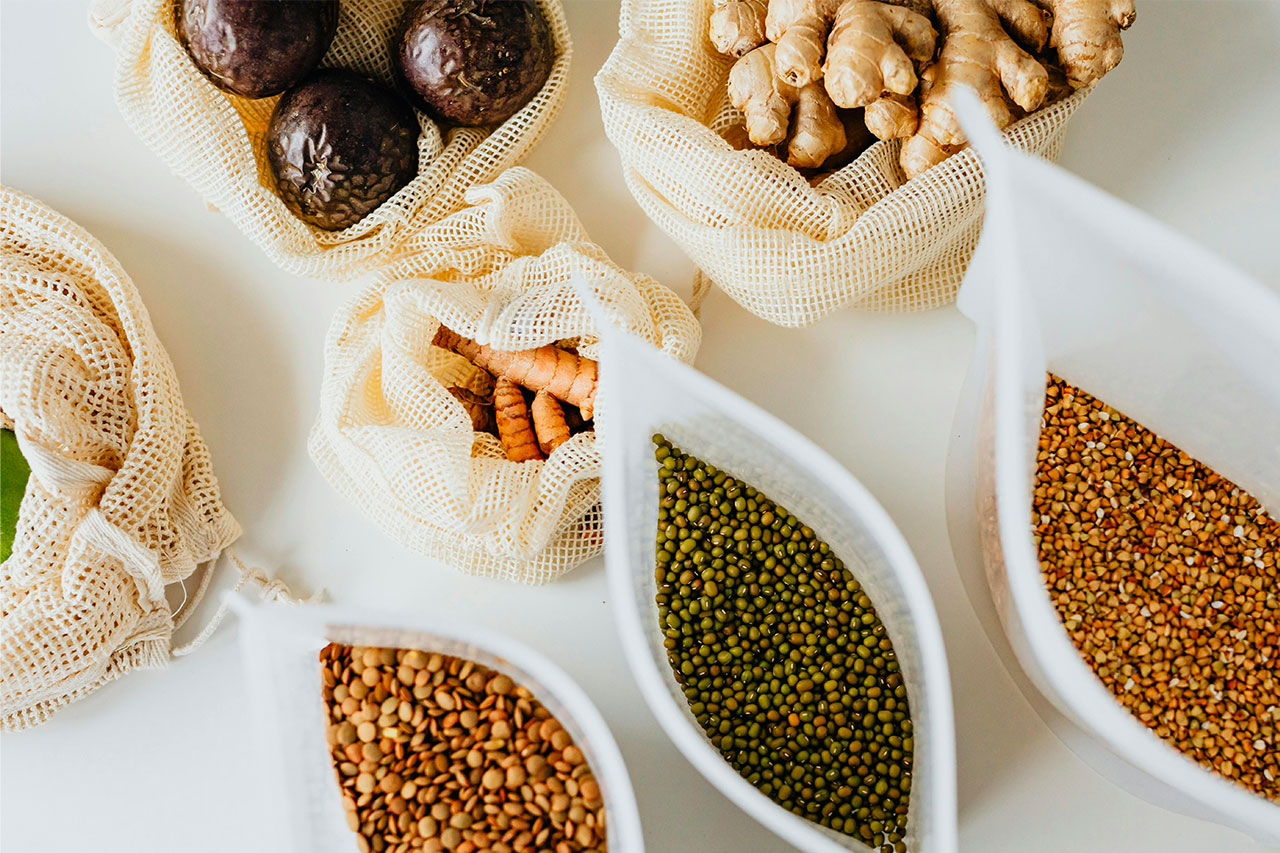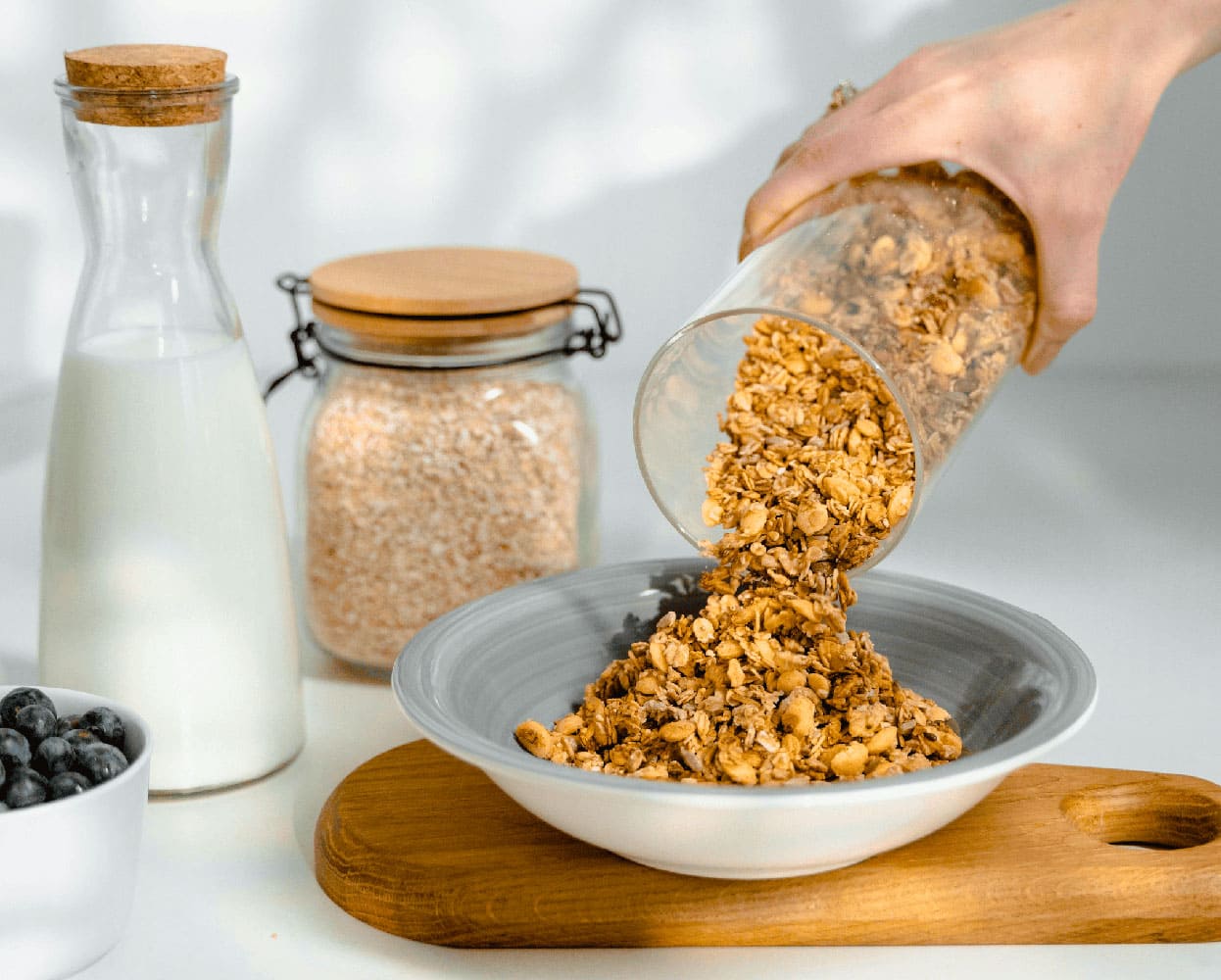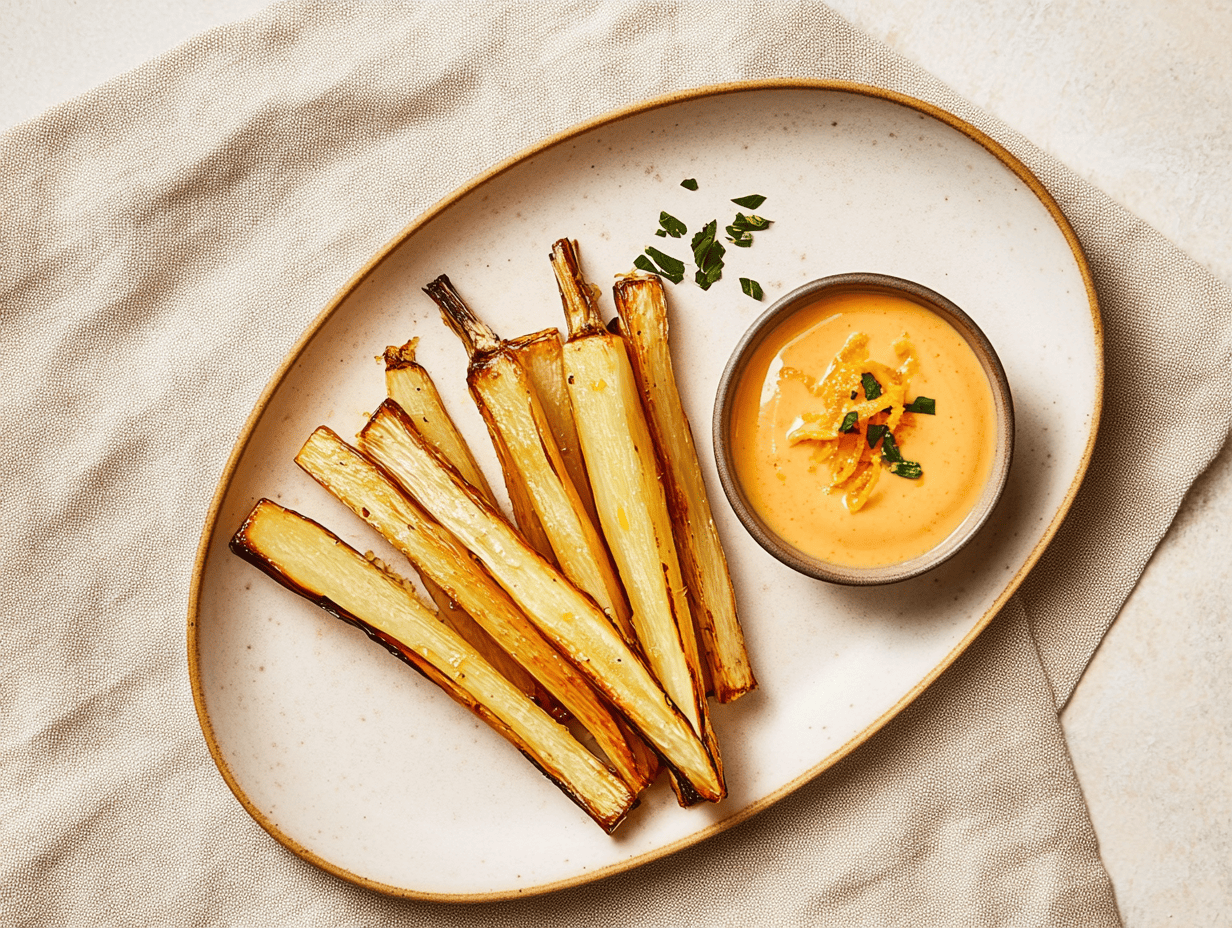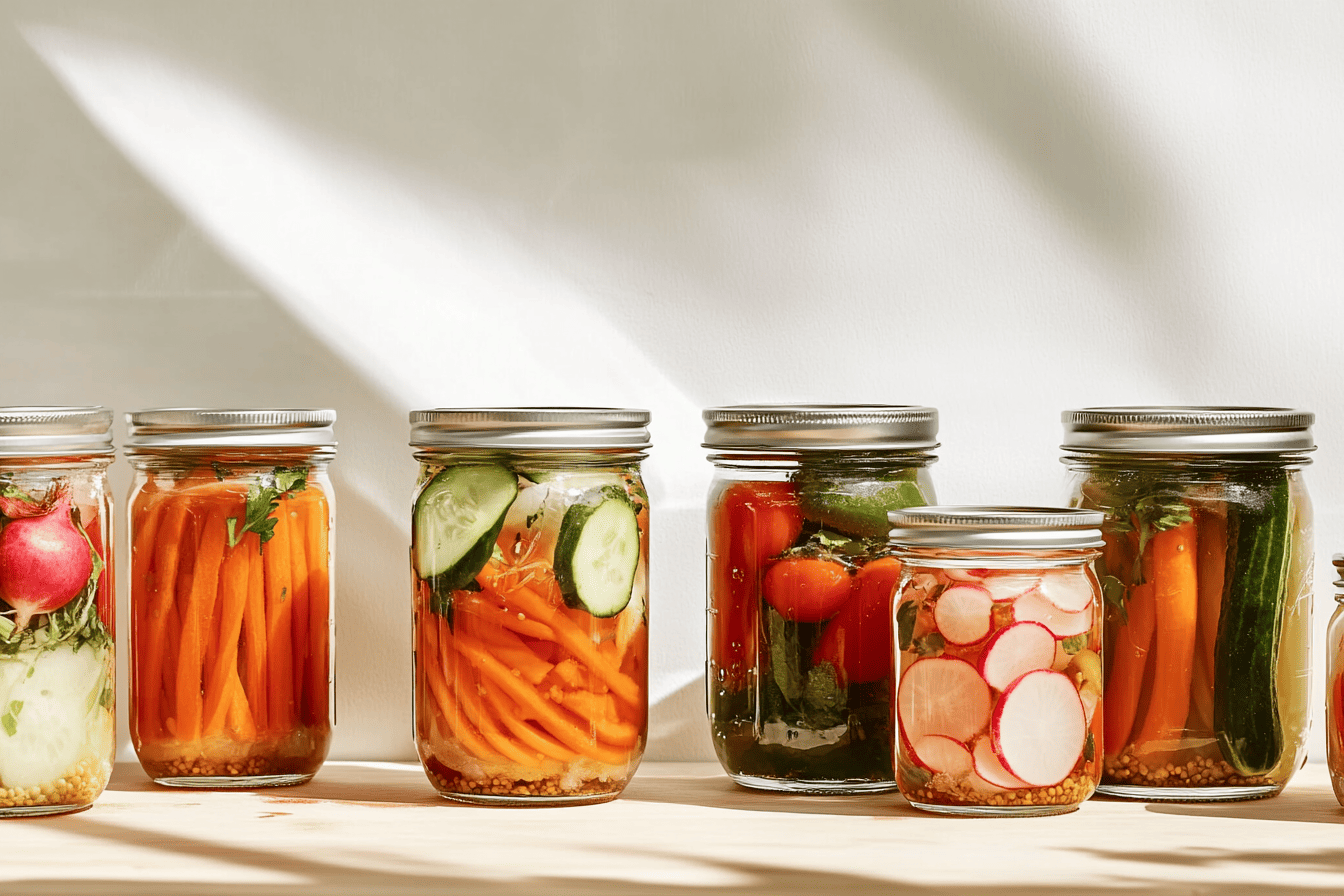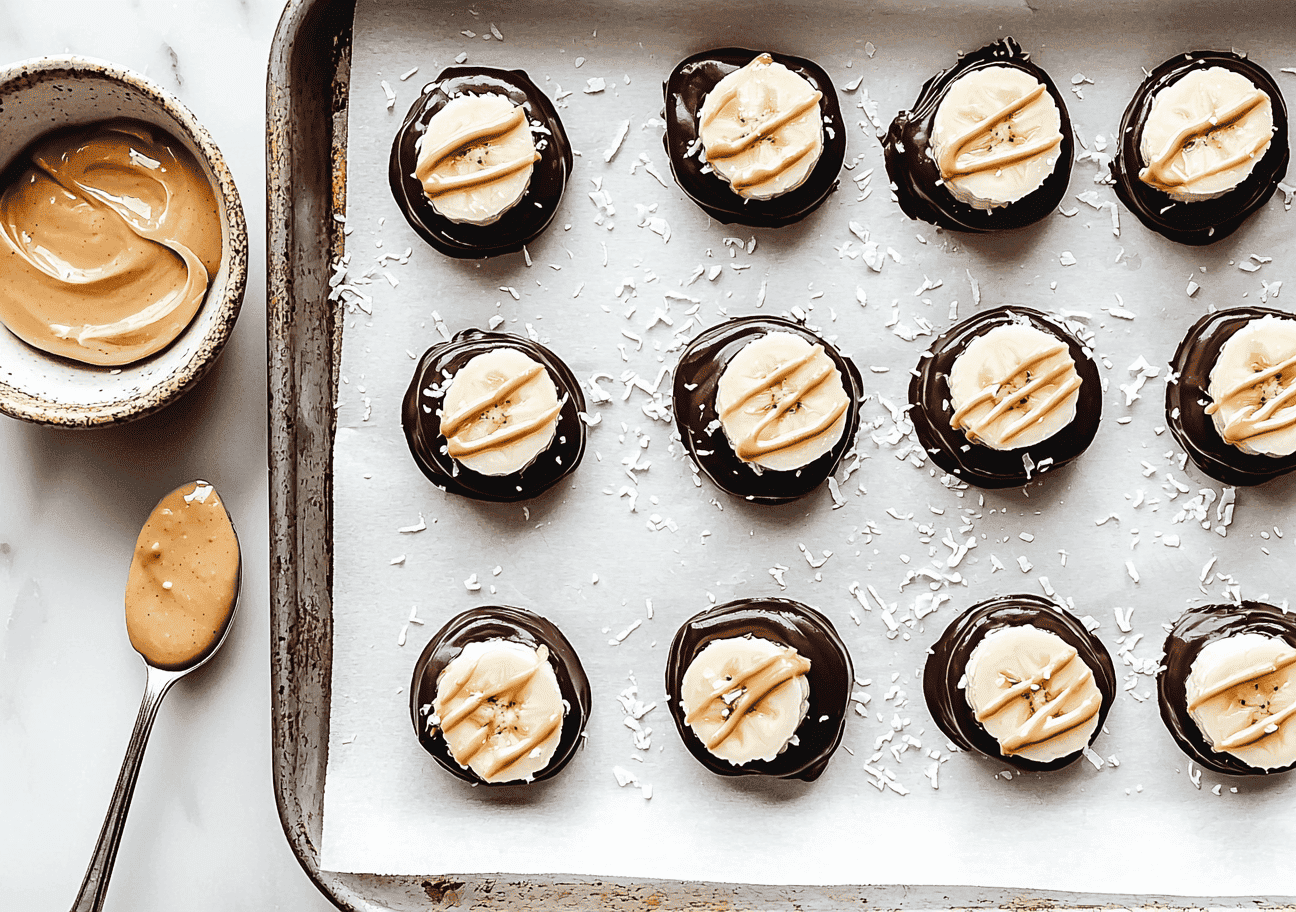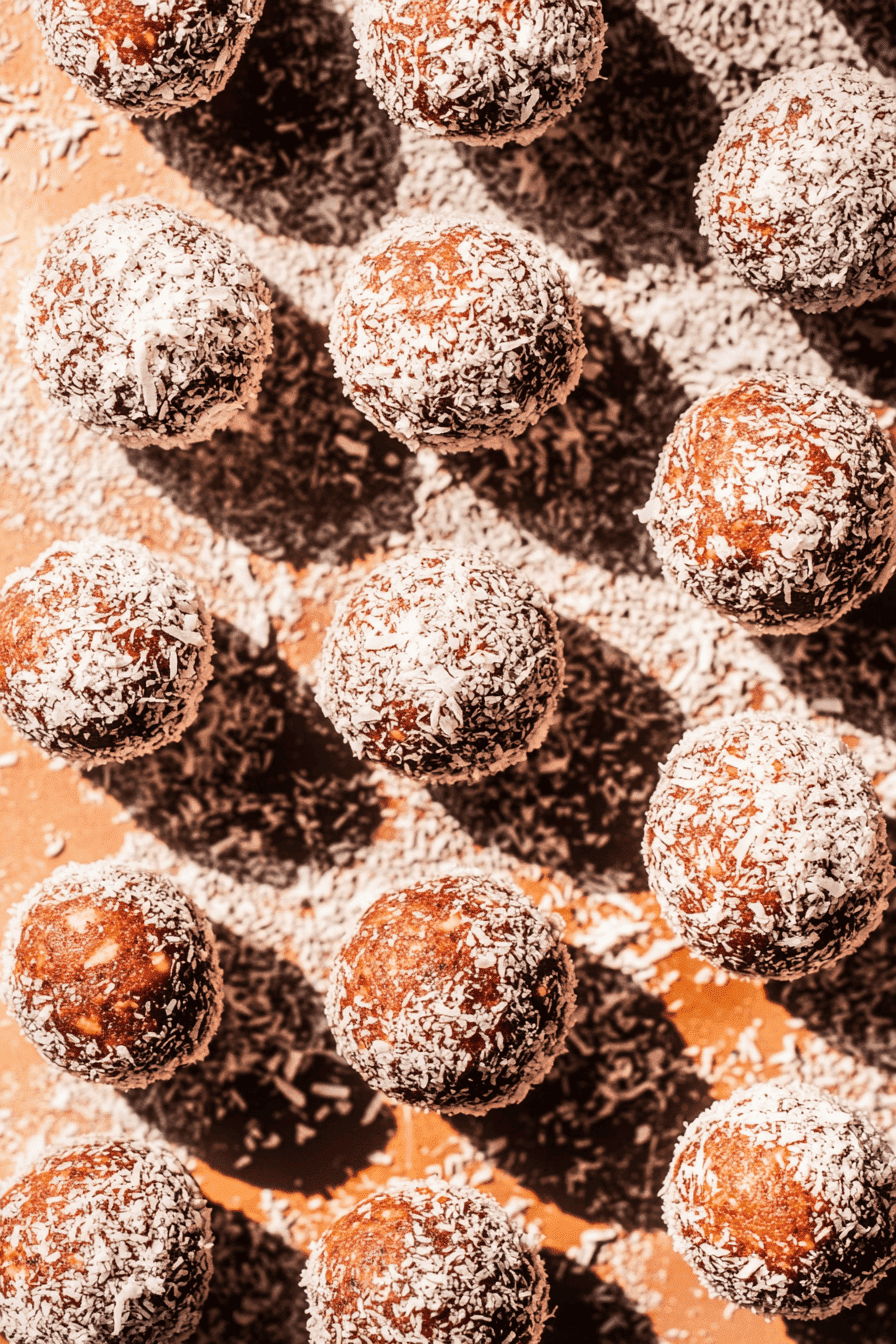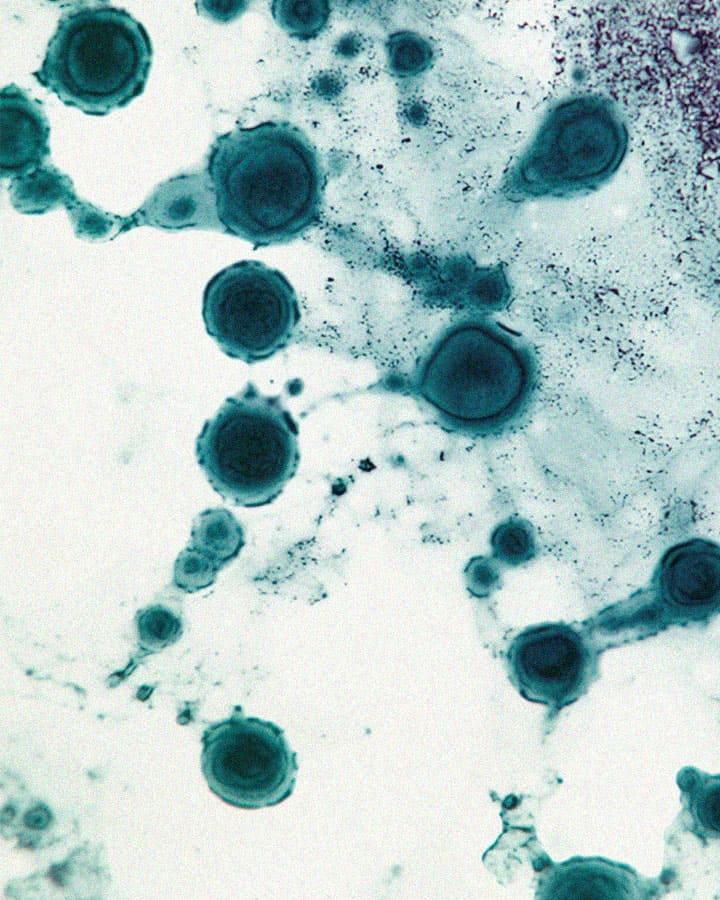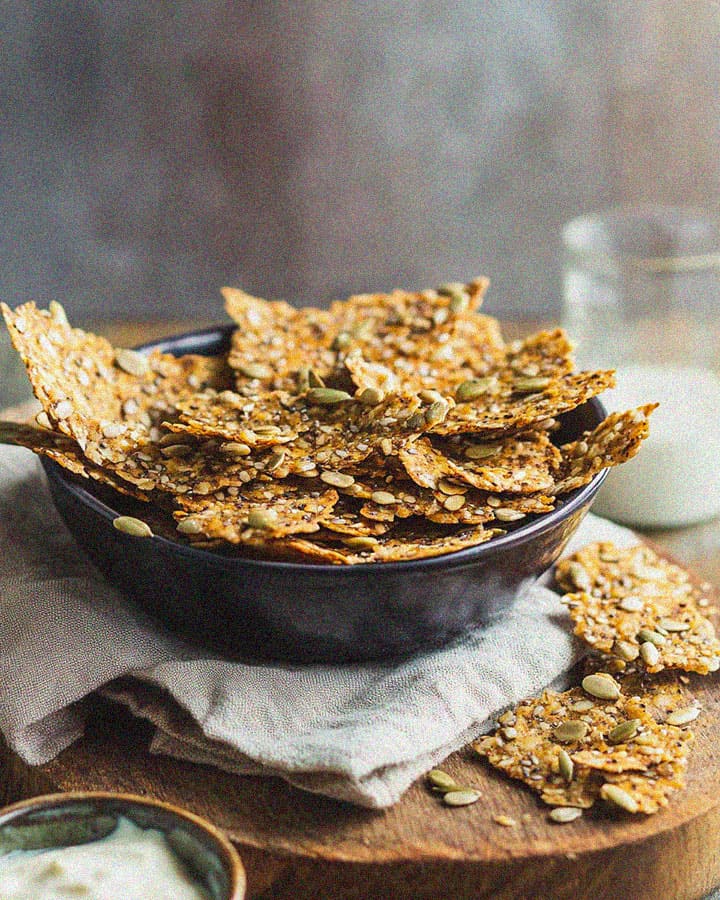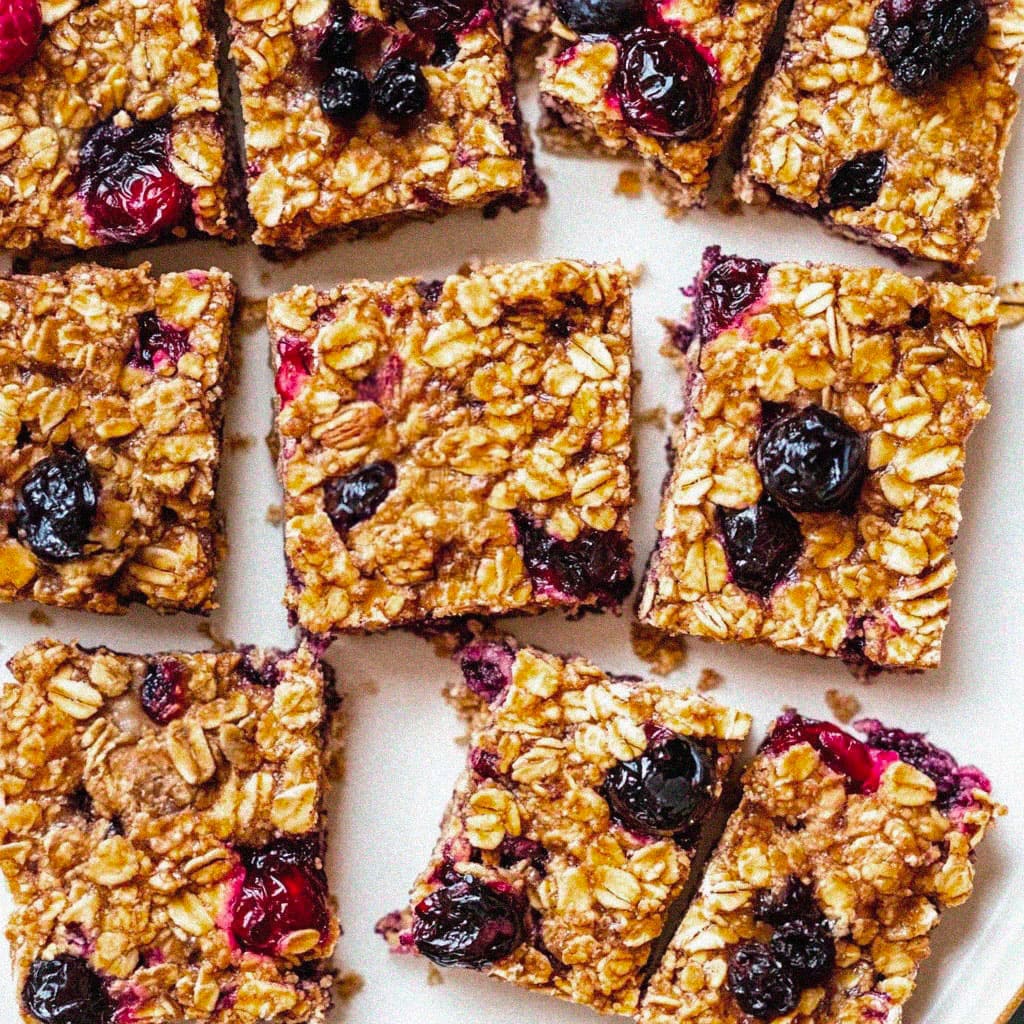Understanding the gut-brain connection
The gut-brain axis is a two-way communication system between your brain and gut. Your gut has its own nervous system called the enteric nervous system, which lets it function on its own in certain areas like digestion. This independent operation has led scientists to refer to the gut as the body's "second brain." It contains 200-600 million neurons, highlighting its critical role not just in digestion, but in connection with the rest of the body.
There are both physical and chemical connections between your gut and your brain, involving:
- The vagus nerve: a large nerve that runs from your brain to your colon. A direct line between the gut and brain, the vagus nerve is essential for relaying stress responses and digestive signals¹.
- Neurotransmitters: chemical messengers that help regulate digestion and emotional well-being. About 95% of serotonin, a key mood regulator, is produced in the gut²
- The gut microbiome: an ecosystem of trillions of bacteria and other microorganisms that live in your gut and are important for your health. Housing trillions of bacteria, the gut microbiome is pivotal in neurotransmitter production and immune system support ³
Although it’s a relatively new area of research, there’s increasing evidence that improving the health of your gut microbiome could help reduce symptoms of mental health conditions like anxiety and depression.
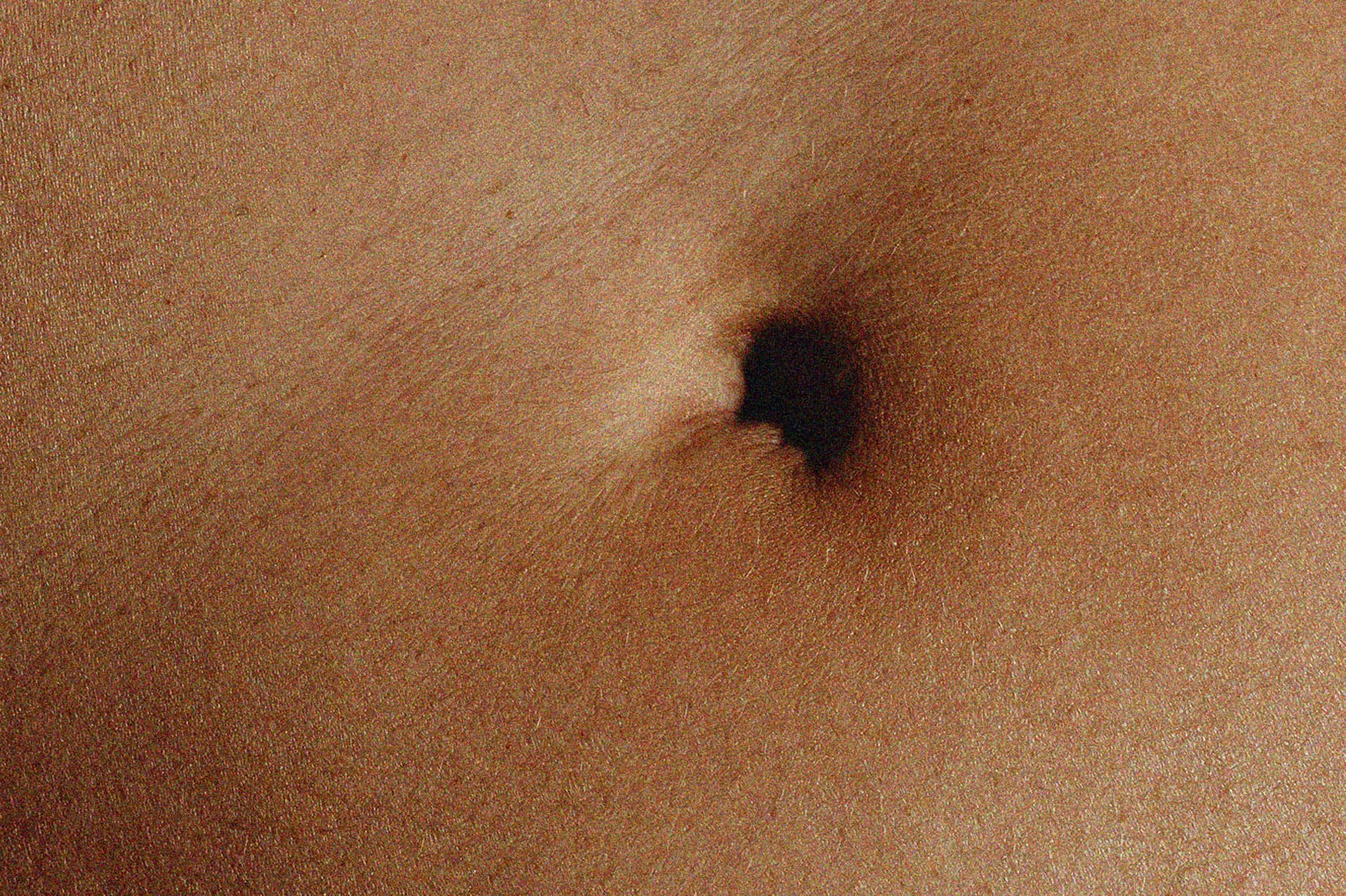
Listen to your gut signals
Your gut doesn't just help you digest food – it's actively shaping your:
- Emotional responses to situations
- Risk assessment abilities
- Social instincts
- Stress resilience
- Decision-making process
When your stomach feels excitement or uneasy about a situation, pause and reflect – your gut might be picking up on something important!
How to support your gut-brain health
At minimiil, we know that fermented foods containing probiotic bacteria are good for your gut health. Eating these foods in small amounts can help these 'good' bugs to stick around.
Probiotic-rich foods include:
- Live yoghurts
- Kefir
- Sauerkraut
- Kimchi
- Miso

















